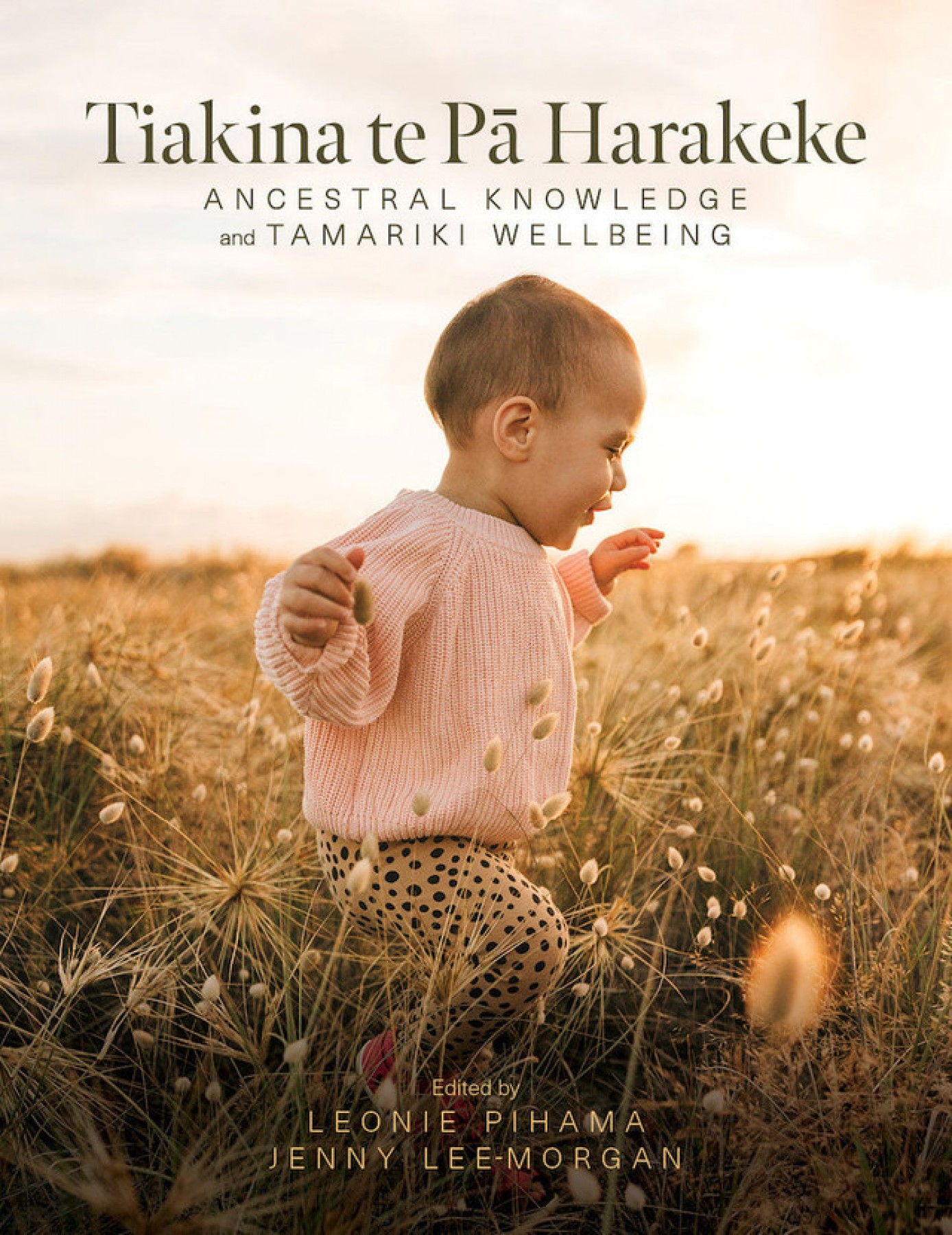It is a privilege to review this comprehensive publication, comprised of a series of essays with narrative from different academic disciplines that integrate recent research articulating the importance of Māori ancestral knowledge in the creative art and craft of nurturing, the development of each unique individual, and recognising that we are all born with ancestral connections. Through our bonds with each other, the natural and spiritual worlds are seen and unseen, connecting with our ancestors by way of ancestral and creation stories, whakataukī, pūrākau, waiata, karakia and whakapapa, meaning we are all mokopuna. Therefore, we all have responsibilities through our whakapapa to build and strengthen connections with each other and to play distinct roles and responsibilities through our journey of life to support, care for and protect each other.
Māori are an indigenous people with global knowledge and we understand our place in the world. This is important, as we are in a time of huge social, economic, cultural and political changes occurring. We are experiencing challenges to our patterns of living and the future of our survival being questioned, due to climate change and demands upon the planet for consumption of limited resources to meet growing populations’ needs.
The importance of the structure of the harakeke and the way it grows is used in this publication as a metaphor to understand whakapapa, the structure and place of whānau and the changes that take place over time from birth to death. The value of harakeke as a resource is also highlighted as both a physical material for weaving and creation of objects of beauty or for use for specific purposes, and also a spiritual material that brings and weaves different people together to achieve an agreed common purpose and desired outcomes.
We are increasingly seeing in many different settings other (especially environmentally conscious) organisations and businesses now embracing Māori or Indigenous values in the way they operate and connect with other organisations and communities. There has been a new focus on the importance of the development of people, who are the most important resource we have to address the challenges that life brings.
This publication is professionally researched and its release is timely. Each chapter (there are fifteen) is written by a different author, and each chapter covers a different theme. They are all linked to the structure, place and role harakeke has and continues to play within whānau, hapū, iwi, and different communities.
The publication will be of interest to a wide audience and can be used as a resource by a range of groups, such as communities, professionals, whānau, hapu, and iwi. The book is a valuable resource to health, education, social service, justice and correction providers, Crown agencies, and tertiary education providers who may use this publication for teaching and as a resource for students who are interested in further research on the importance of understanding ancestral knowledge and transfer across generations.
The publication covers a wide spectrum of the importance of supporting cultural development linked to human development including full recognition of Māori rights and obligations, as defined in Te Tiriti o Waitangi and international human rights. The future health and wellbeing of Māori is important to the future development of whānau, hapū, iwi and New Zealand as a nation, as currently so much resource is directed into the development of Māori, addressing issues such as the effects of child and young adult poverty, effects of family harm and intergenerational trauma, the effects of lack of engagement and underachievement in educational institutions, poor mental and physical health leading to addictions, criminal offending and imprisonment and reduced life expectancy.
Using research to further the development of Māori models of health and wellbeing, it has been proposed that the use of the Whiti Te Rā model of health be utilised as it provides a framework and process for individuals and whānau to be supported to connect with their ancestors and develop their own culture knowledge and competency. This forms an integral part of their healing from trauma and supports their growth and development at any stage of their life.
The development of this new model and the inclusion of a case study of Whiti Te Rā may assist organisations working with Māori to change their approach towards working with tangata whenua, such as those who have been abused under state care or systems of support and Crown complaint systems that have failed them. Many times, their voices and their rights under Te Tiriti o Waitangi and international human rights have not been heard or taken seriously by those in positions of power and control. Whiti Te Rā is a new model that aims to enhance the psychological, mental and physical health and wellbeing of Māori and enables intergenerational trauma to be understood for each generation, providing steps that people can take to connect with their past and move forward in the present and into the future.
Review by Dr Lorna Dyall QSM

